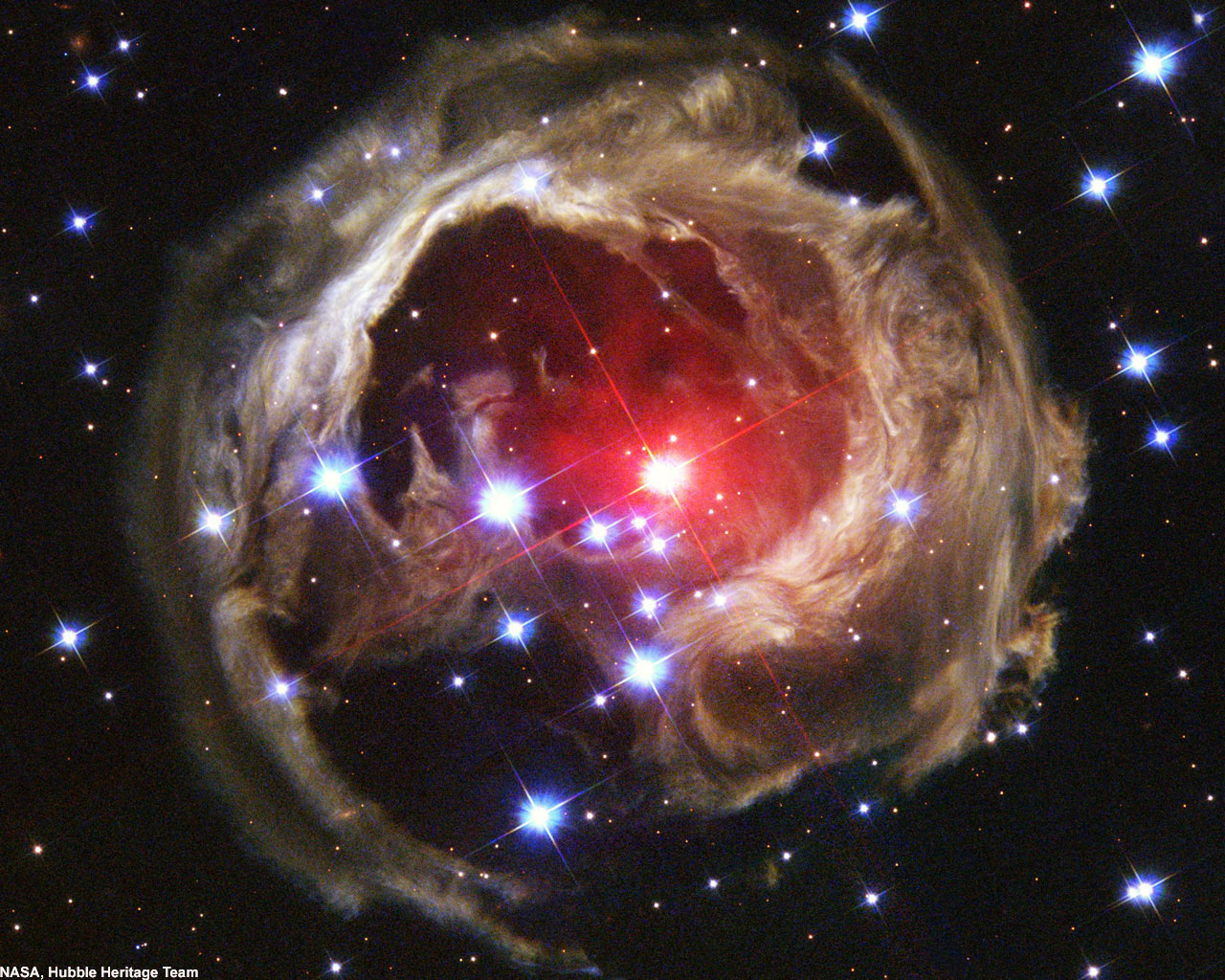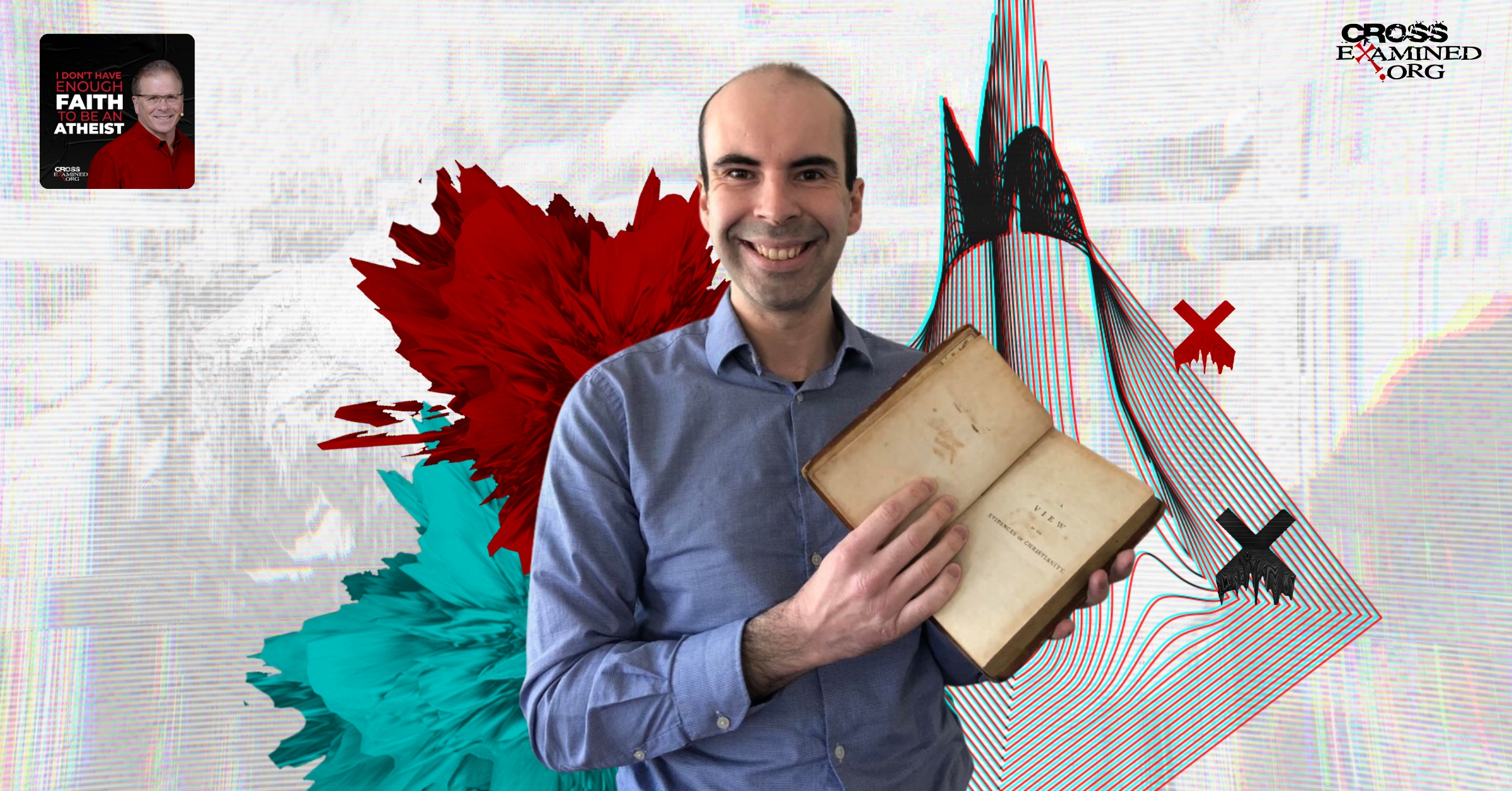Much Ado About Nothing
In my blog series on scientific evidence for God, I’ve initially focused on the origin of the universe. I defended the Kalam cosmological argument and argued that since currently known physics shows that the Universe had to have a beginning there must be a transcendent cause possessing some attributes of the classical understanding of God (as a spaceless, timeless, and immaterial being) Thus, the Kalam provides good reasons for believing in theism over atheism – I claim it provides epistemic support rather than constituting a deductive proof because we cannot prove the premises beyond the shadow of a doubt.
I appreciate the comments and interaction thus far! John raised another good question recently about whether the quantum vacuum could have appeared from nothing and I responded briefly:
Even if our entire universe fluctuated into existence from the quantum vacuum this would not be a defeater for the Kalam unless one could also show that the quantum vacuum is eternal. If spacetime had a beginning, as currently known physics[1] indicates, then so did the quantum vacuum and thus a transcendent spaceless, timeless cause of the Universe would still be required. But if the quantum vacuum itself could emerge from absolutely nothing then the materialist/naturalist would have a path to creating a universe without a god.
I promised to blog in response to this important question, so here it is.
Is it possible for the quantum vacuum to emerge from absolutely nothing?
By “nothing” I mean simply the usual English definition of “not anything.” The concept of “nothing” defined in this way has no properties and thus no potentiality to bring about something. A widely accepted tenet of philosophy is that “out of nothing, nothing comes.” The quantum vacuum is certainly not nothing because it has properties and ones that can be modelled quite accurately using mathematical equations! The quantum vacuum is best thought of as the lowest energy state in spacetime. Sir Martin Rees, Astronomer Royal of the UK, explains:
Cosmologists sometimes claim that the universe can arise ‘from nothing’. But they should watch their language, especially when addressing philosophers. We’ve realised ever since Einstein that empty space can have a structure such that it can be warped and distorted. Even if shrunk down to a ‘point’, it is latent with particles and forces – still a far richer construct than the philosopher’s ‘nothing’. Theorists may, some day, be able to write down fundamental equations governing physical reality. But physics can never explain what ‘breathes fire’ into the equations, and actualised them into a real cosmos. The fundamental question of ‘Why is there something rather than nothing?’ remains the province of philosophers.
Too bad Lawrence Krauss didn’t heed Rees’s warning. Krauss wrote a book entitled “A Universe from Nothing: Why There Is Something Rather than Nothing.” The book’s subtitle references this great question of philosophy about which contemporary philosopher Derek Parfit exclaims: “no question is more sublime than why there is a Universe: why there is anything rather than nothing?”
In the comments section of a critical blog written by ardent atheist Jerry Coyne, Krauss ironically admits his book doesn’t live up to its subtitle “I may not be focusing on the classical question that has bother philosophers, but I don’t think I ever claim to.” But Lawrence, you made that the subtitle of your book! So when pressed even Krauss seems to be backing away some from claiming that the Universe can be created from a state of nothingness prior to the existence of a quantum vacuum. Other times he does seem to be claiming this but even Coyne criticizes him for “a bait-and-switch.” Krauss is equivocating between different definitions of nothing in his argumentation.
Whatever Krauss might be claiming there is no basis for claiming that the quantum vacuum can originate from a state of absolutely nothing. There is no physics of non-being. No scientific experiment has ever been performed in the absence of space and time and thus there is no scientific basis for extrapolating from ‘not anything’ to the physical world.
For a more detailed critique of Krauss by those much more knowledgeable and articulate than myself please read this blog by cosmologist Luke Barnes – here is an excerpt:
Krauss repeatedly talked about universes coming out of nothing, particles coming out of nothing, different types of nothing, nothing being unstable. This is nonsense. The word nothing is often used loosely – I have nothing in my hand, there’s nothing in the fridge etc. But the proper definition of nothing is “not anything”. Nothing is not a type of something, not a kind of thing. It is the absence of anything.
Barnes also has a follow-on blog that is quite helpful where he states:
if something can some out of nothing, then anything and everything can and should come out of nothing at all times and places. This, then, is the empirical evidence we would need in order to believe that the universe could come out of nothing.
I also highly recommend this scathing review of Krauss’ book by philosopher/physicist David Albert that appeared in the NY Times. Here is an excerpt from Albert:
[Physics has] nothing whatsoever to say on the subject of where those [quantum] fields came from, or of why the world should have consisted of the particular kinds of fields it does, or of why it should have consisted of fields at all, or of why there should have been a world in the first place. Period. Case closed. End of story.
But don’t Christians also claim in a creation from nothing?
Note that when theists speak of “creation ex-nihilo” they are referring to creation out of nothing physical. The Christian view is that God is an eternally existing necessary being and so there was something causally before the Universe began (but not temporally since there was no time!)
Note that there are also independent reasons for thinking that a necessary being such as God must exist – for example in the Leibnizian cosmological argument. I chose not to get into that argument because my series of blogs focuses on science and that is a philosophical argument that doesn’t even depend on the universe having to have a beginning. So in the Christian view, God created the Universe out of nothing physical. While that sounds very mysterious to us, science itself has shown us that all of space, time, matter and energy came into being in the finite past. There is nothing physical or natural left to appeal to as a causal explanation. Thus, by deduction we’re left with a supernatural cause – a cause beyond nature.
____________________
[1] By “currently known physics,” I mean the well understood physics of General Relativity and physics associated with semi-classical spacetime. Because no one knows the correct version of quantum gravity, it is possible that new details concerning quantum physics could permit a past eternal universe. Aron Wall has published some good arguments for why one should not expect any new discoveries in quantum physics to overturn the current understanding that the universe had a beginning. Vilenkin has also argued along these lines as well.












Leave a Reply
Want to join the discussion?Feel free to contribute!